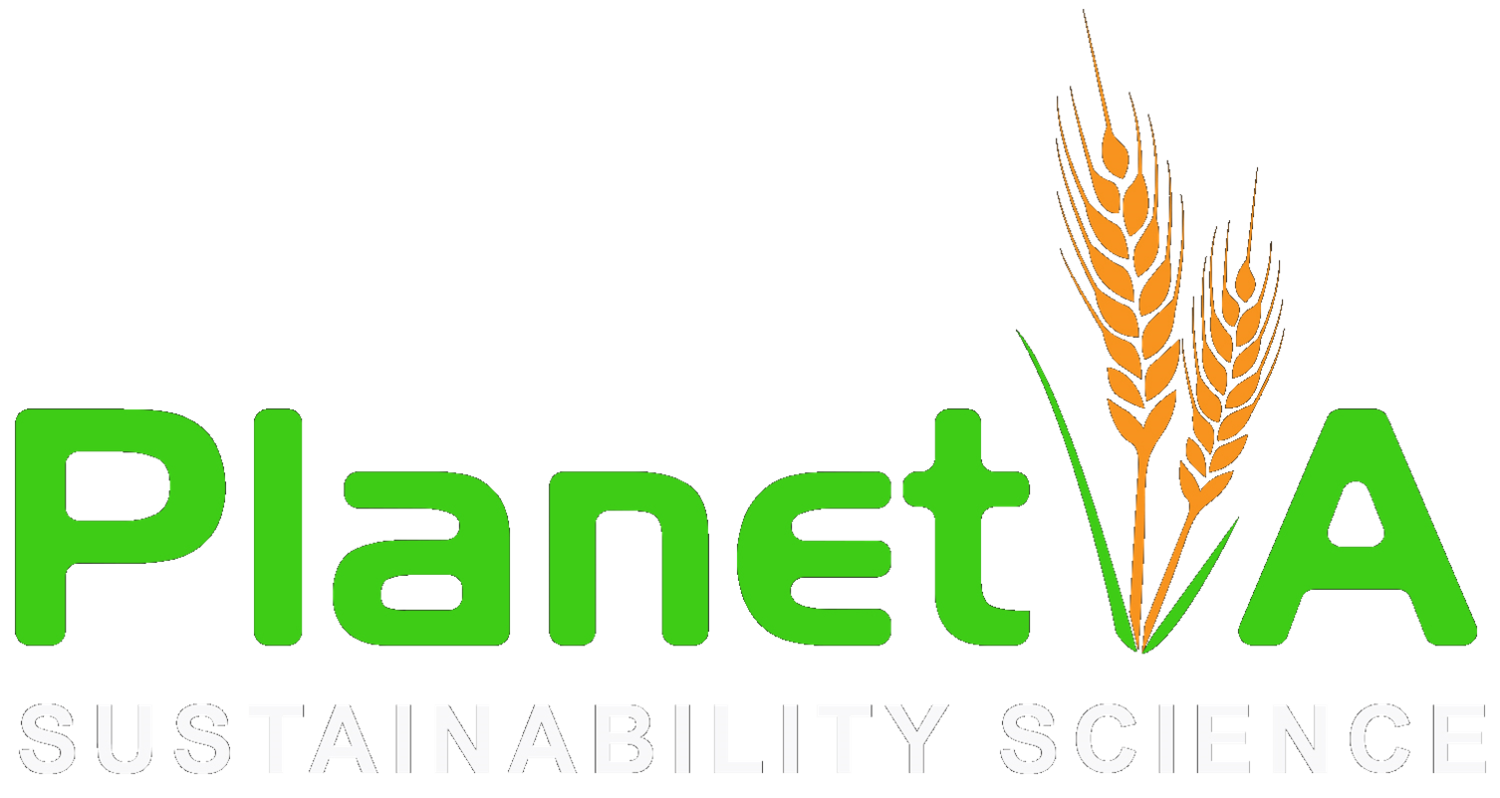Evaluating Participatory Modeling Methods for Co-creating Pathways to Sustainability
2021
Authors
Moallemi, E.A., de Haan, F.J., Hadjikakou, M., Khatami, S., Malekpour, S., Smajgl, A., Stafford Smith, M., Voinov, A., Bandari, R., Lamichhane, P., Miller, K.K., Nicholson, E., Novalia, W., Ritchie, E.G., Rojas, A.M., Shaikh, M.A., Szetey, K. and Bryan, B.A.Abstract
The achievement of global sustainability agendas, such as the Sustainable Development Goals, relies on transformational change across society, economy, and environment that are co-created in a transdisciplinary exercise by all stakeholders. Within this context, environmental and societal change is increasingly understood and represented via participatory modeling for genuine engagement with multiple collaborators in the modeling process. Despite the diversity of participatory modeling methods to promote engagement and co-creation, it remains uncertain what the extent and modes of participation are in different contexts, and how to select the suitable methods to use in a given situation. Based on a review of available methods and specification of potential contextual requirements, we propose a unifying framework to guide how collaborators of different backgrounds can work together and evaluate the suitability of participatory modeling methods for co-creating sustainability pathways. The evaluation of method suitability promises the integration of concepts and approaches necessary to address the complexities of problems at hand while ensuring robust methodologies based on well-tested evidence and negotiated among participants. Using two illustrative case studies, we demonstrate how to explore and evaluate the choice of methods for participatory modeling in varying contexts. The insights gained can inform creative participatory approaches to pathway development through tailored combinations of methods that best serve the specific sustainability context of particular case studies.
Figure 1: The framework for assessing the suitability of participatory modeling methods


